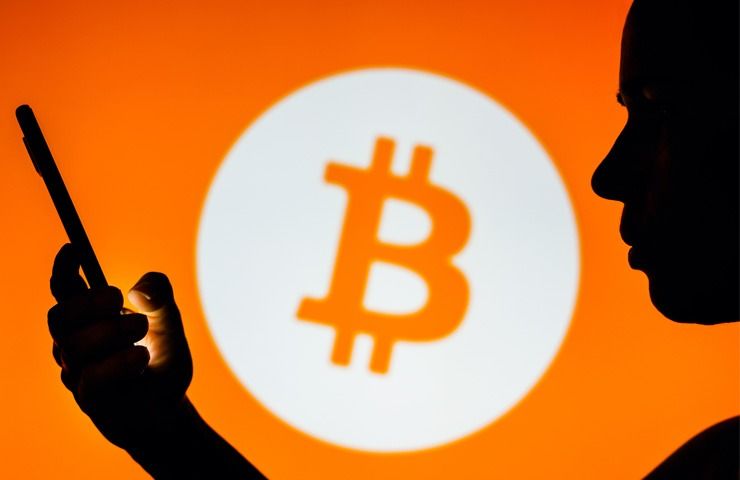Is bitcoin dead?

Introduction
Bitcoin is a decentralized digital currency that has emerged as a disruptive innovation in the financial and technological worlds in recent years. The potential for this cryptocurrency, which has been called "digital gold," to disrupt established monetary institutions and play a pivotal role in the economy has garnered worldwide interest.
Bitcoin's technological foundation: blockchain and decentralization
Bitcoin uses a distributed ledger called the blockchain to verify and record transactions using complicated mathematical methods. This technology guarantees safety and openness by making it extremely difficult to falsify or manipulate financial records. Because of this, Bitcoin has established itself as a reliable medium of exchange, with a value based on supply and demand.
The effects of Bitcoin on the economy are complex. Due to its limited mintage of 21,000,000 coins, it is now considered a rare commodity on par with gold. People who believe Bitcoin offers protection against inflation and traditional currencies have created a speculative investment industry. As a result of this occurrence, many have started talking about Bitcoin's possible role as a digital currency's store of value.
Additionally, Bitcoin's decentralized structure poses a threat to centralized financial institutions like banks and payment processors. Questions regarding the future of banking, international transactions, and the democratization of financial services are brought up by this upheaval. Bitcoin's underlying technology has the potential to create a more equitable international monetary system by extending financial inclusion to those who lack access to conventional banks.
Bitcoin has enormous potential, but it also has to overcome obstacles. Its value continues to be very volatile, which is a major cause for concern. Because of regulatory ambiguity and fears of illegal usage, several countries have taken different approaches to legalizing and regulating it. Additionally, because Bitcoin mining needs so much processing power, its long-term viability has been called into question.
Bitcoin's influence extends beyond the financial sector, touching on other areas of development as well. Bitcoin's blockchain technology, which underpins the cryptocurrency, has many uses outside finance. Supply chains, voting systems, and digital identity verification might all be significantly improved by implementing blockchain's distributed ledger architecture. Because of its immutability and openness, this technology has the potential to increase confidence and safety across many sectors, which in turn might boost creativity and productivity.

Institutional investors' increasing awareness of bitcoin and its potential
As Bitcoin's popularity grows, more and more large financial firms are beginning to invest in the cryptocurrency. Some of the world's largest banks and organizations are looking into adding Bitcoin to their investing strategies. The fact that these large financial institutions see value in Bitcoin is more proof of its legitimacy. But this also sparks discussions about how to strike a fair balance between centralized banking and Bitcoin's decentralized philosophy.
Lack of consensus on how to regulate Bitcoin and other cryptocurrencies is one of their biggest obstacles. Governments are struggling to determine how to categorize and control these digital assets. Uncertainty for investors and enterprises has resulted from the existence of many legal frameworks due to the lack of a uniform strategy. It is still difficult for legislators to find a middle ground between fostering new ideas and protecting consumers.
The changing scene: bitcoin's function at the intersection of technology and the economy
Bitcoin's meteoric ascent illustrates the complex relationship between technology and the economy. The blockchain technology that powers its decentralized nature poses a threat to the status quo of existing financial institutions, even as it holds the promise of greater financial inclusion and security for users.
Bitcoin's future and its effect on the global economy will be shaped in large part by how well it adapts to new circumstances, including volatility, regulatory uncertainty, and sustainability concerns. Bitcoin's story, whether viewed as a digital asset, technical breakthrough, or agent of change in conventional financial institutions, is a fascinating one in the rapidly developing fields of technology and finance.
Conclusion
The advent of cryptocurrencies like Bitcoin shows how the economics and technology are merging. Conversations concerning its position as a store of wealth and medium of exchange have been prompted by its decentralized nature, scarcity, and potential to upset conventional financial systems. Despite persistent difficulties, Bitcoin and the blockchain technology it uses are expected to continue to evolve and have a significant impact on the future of both technology and the economy.



